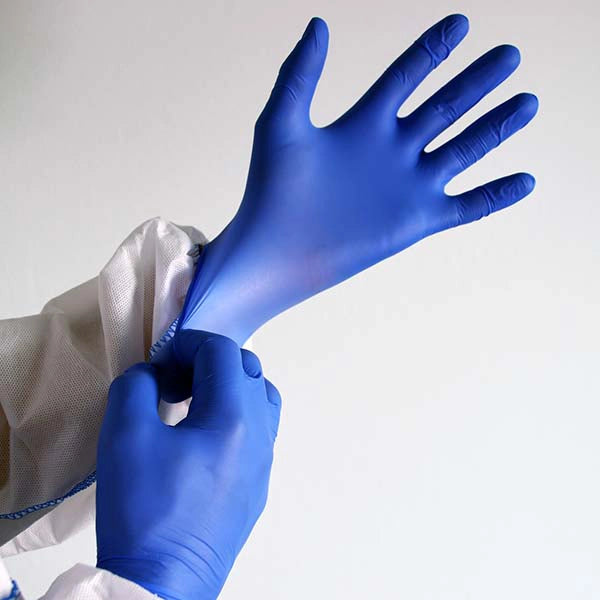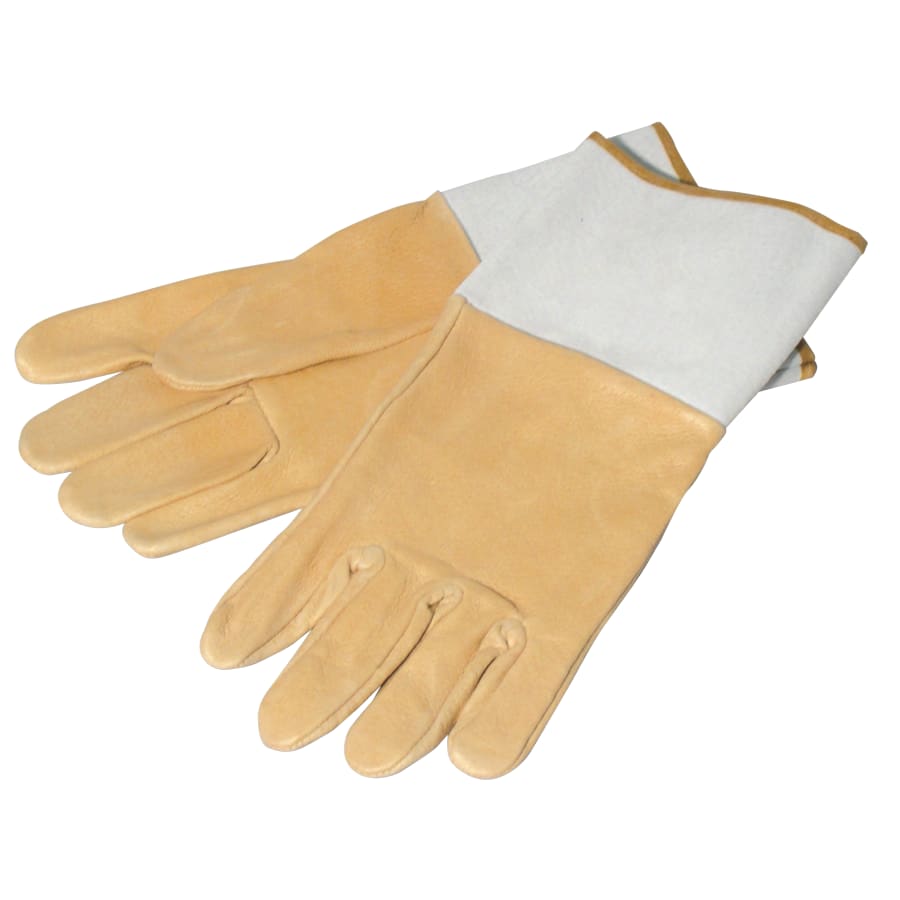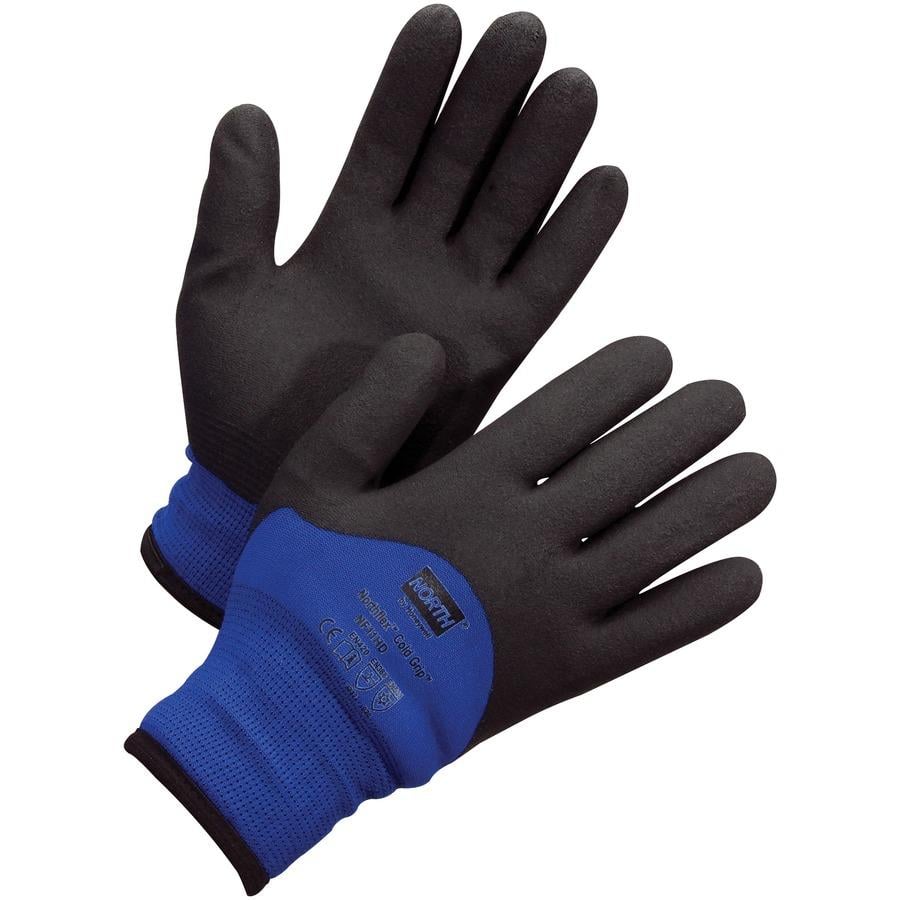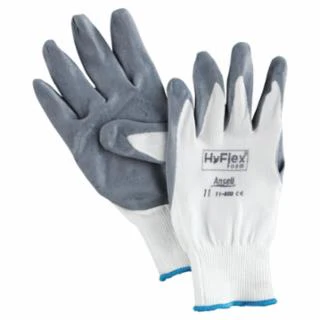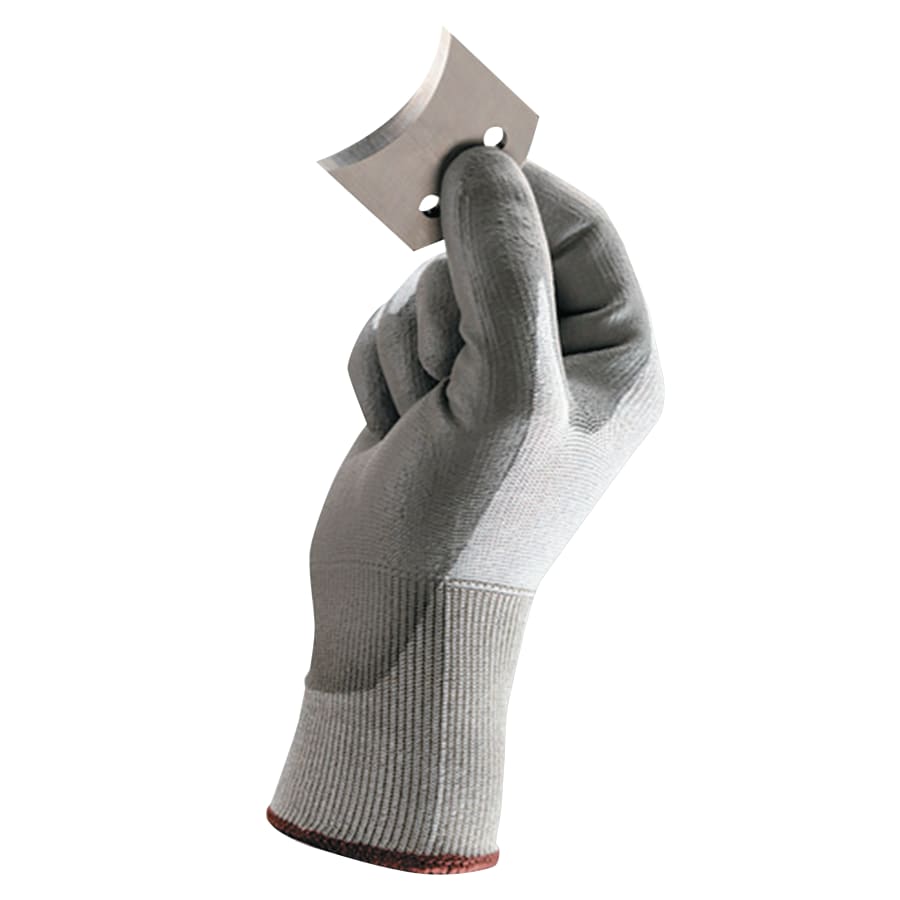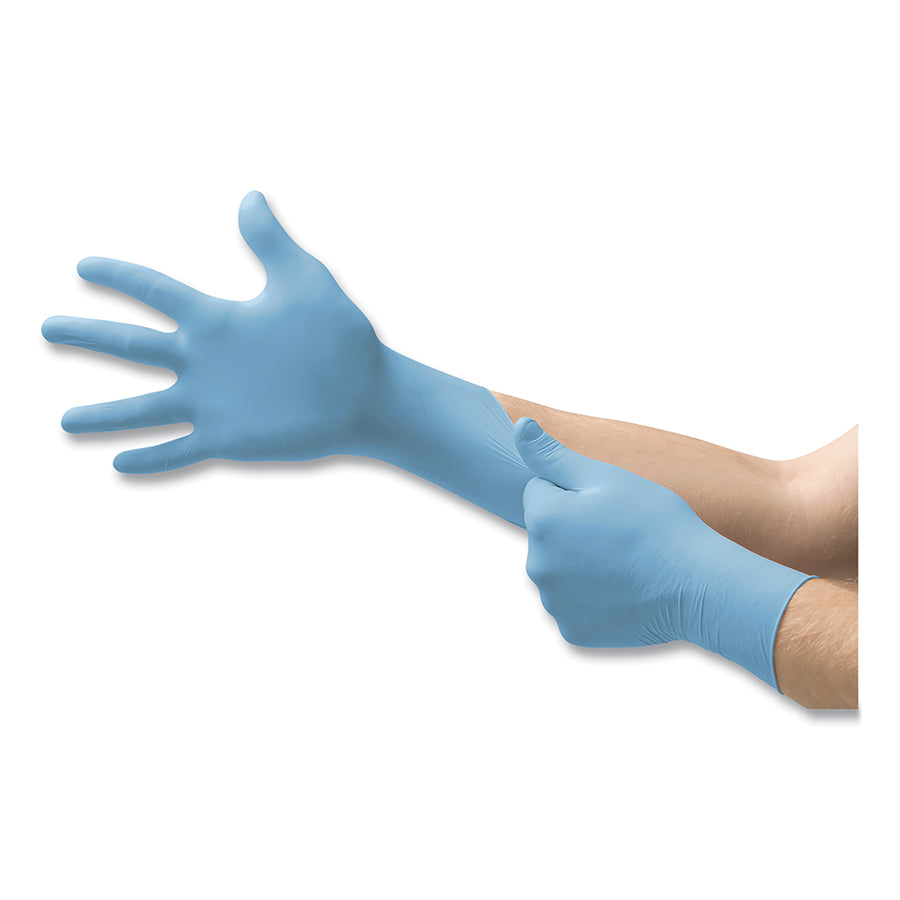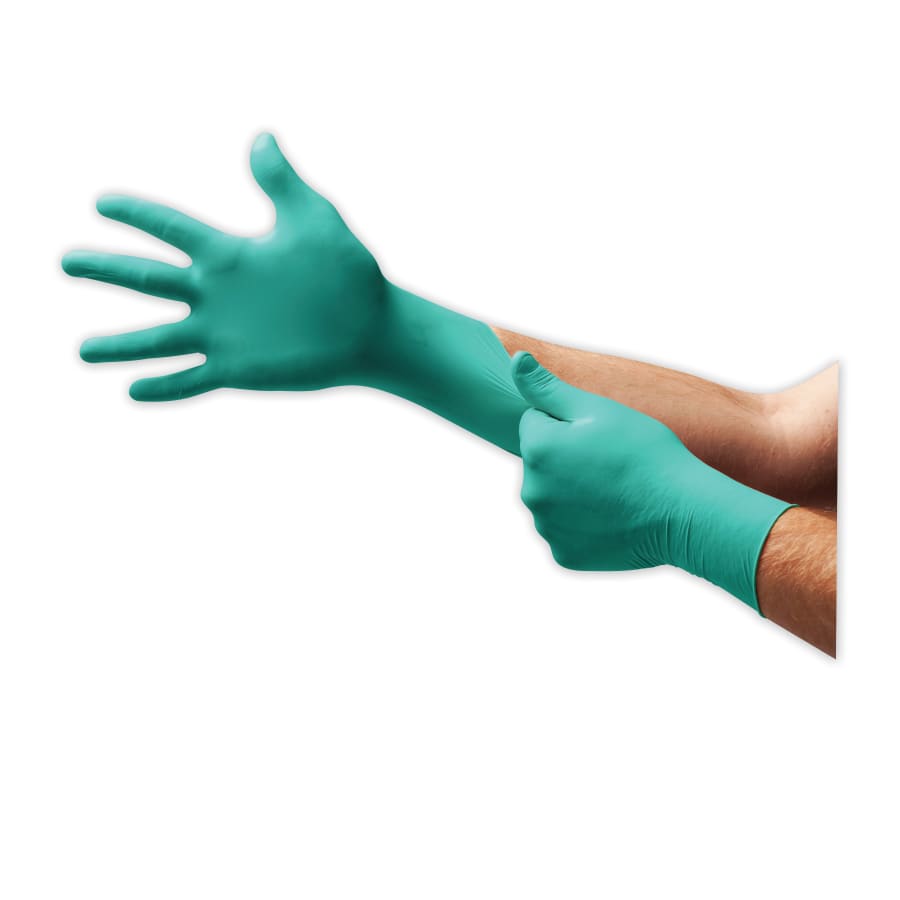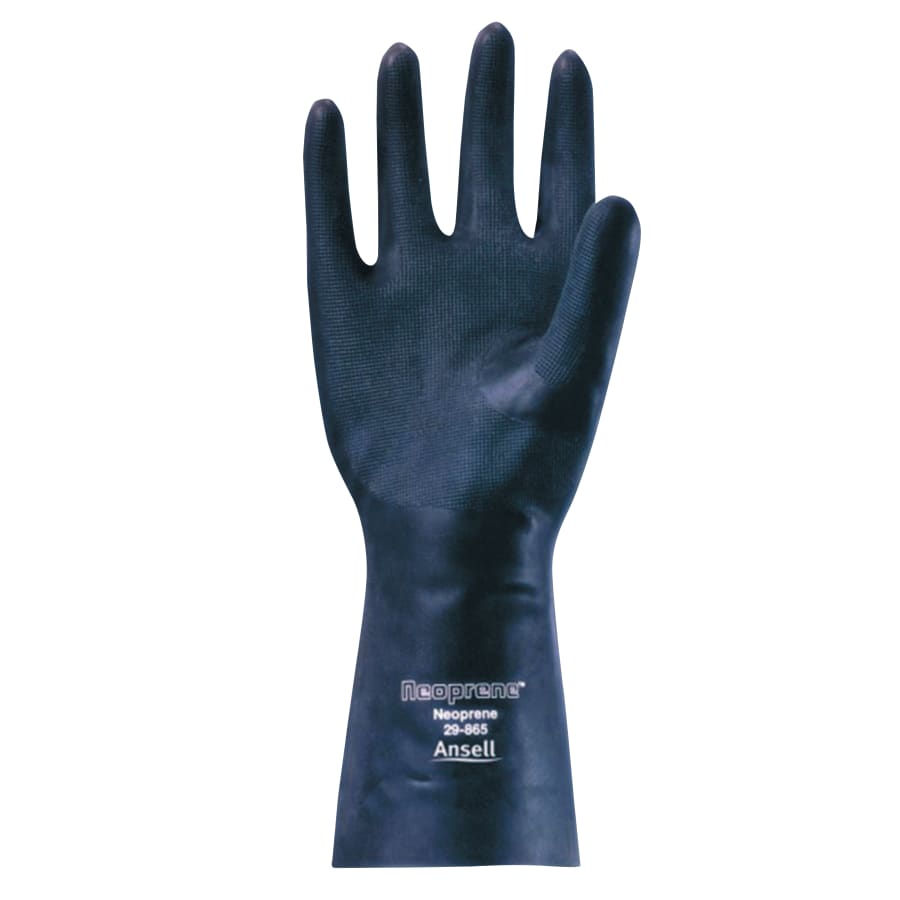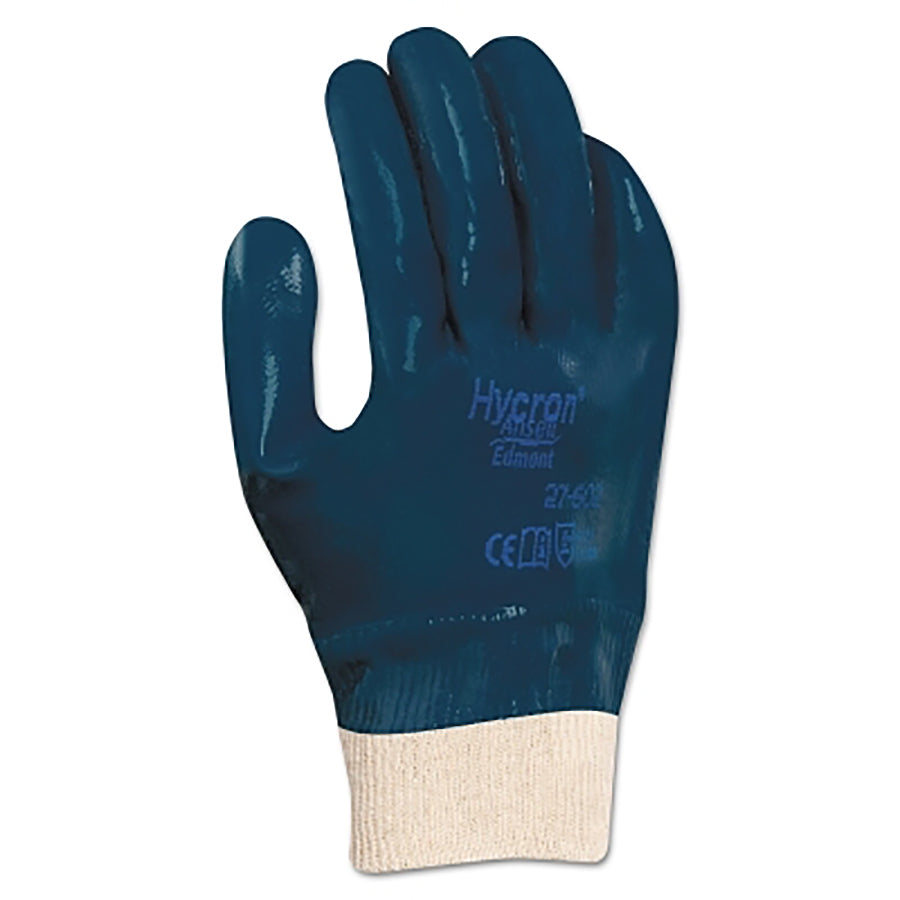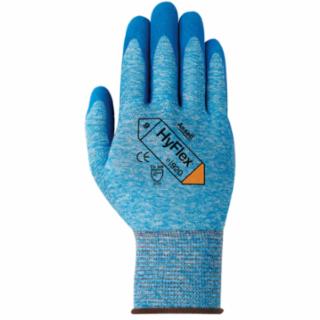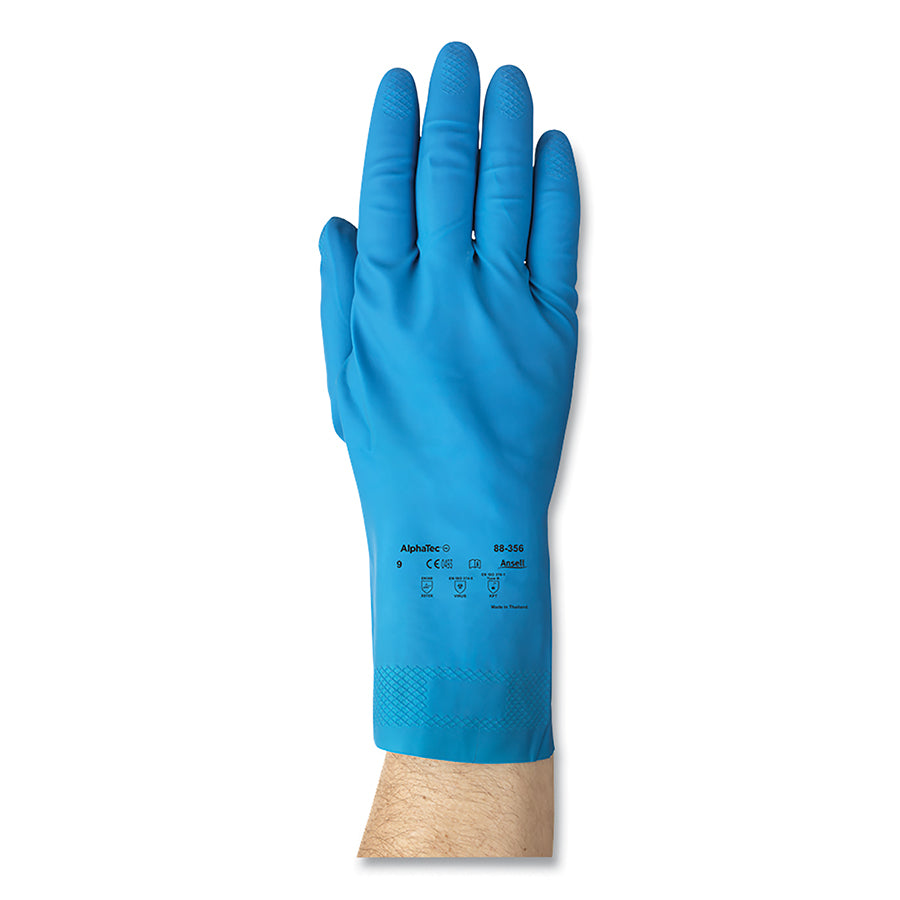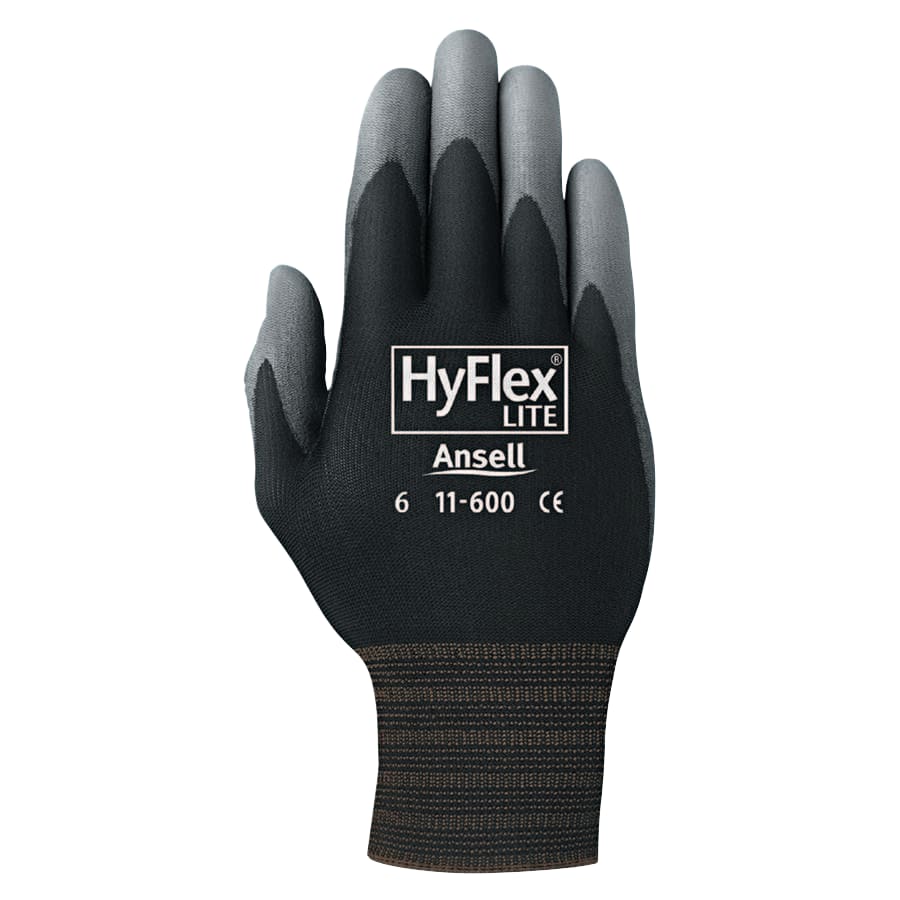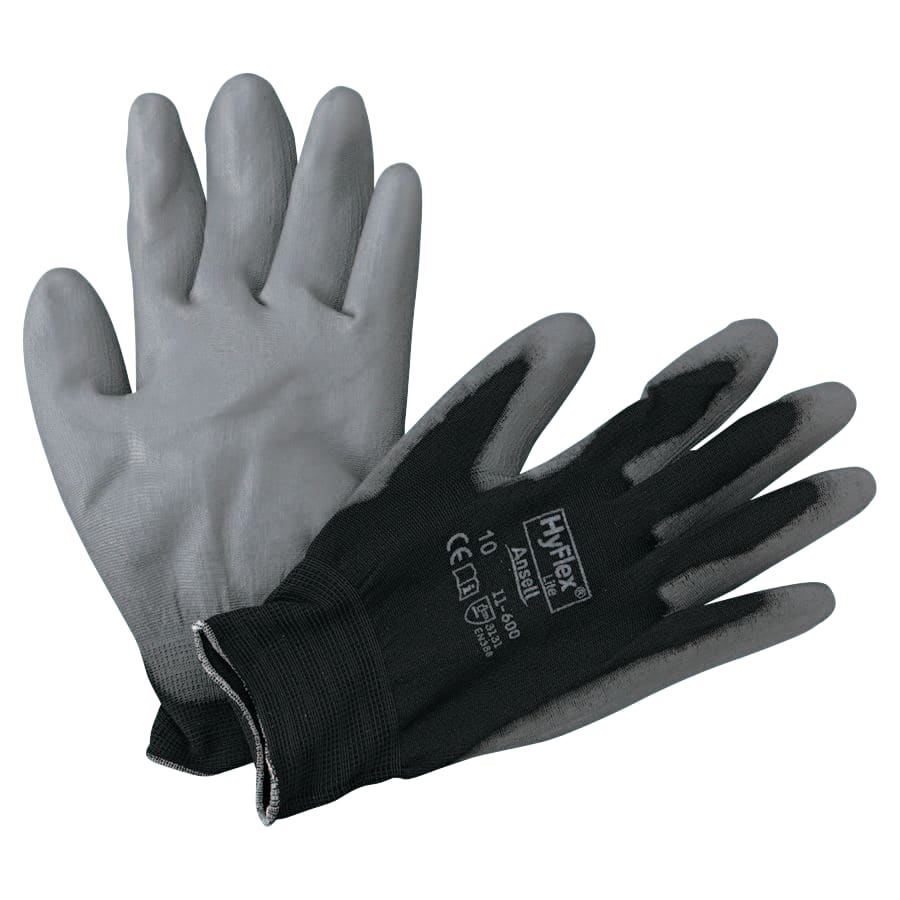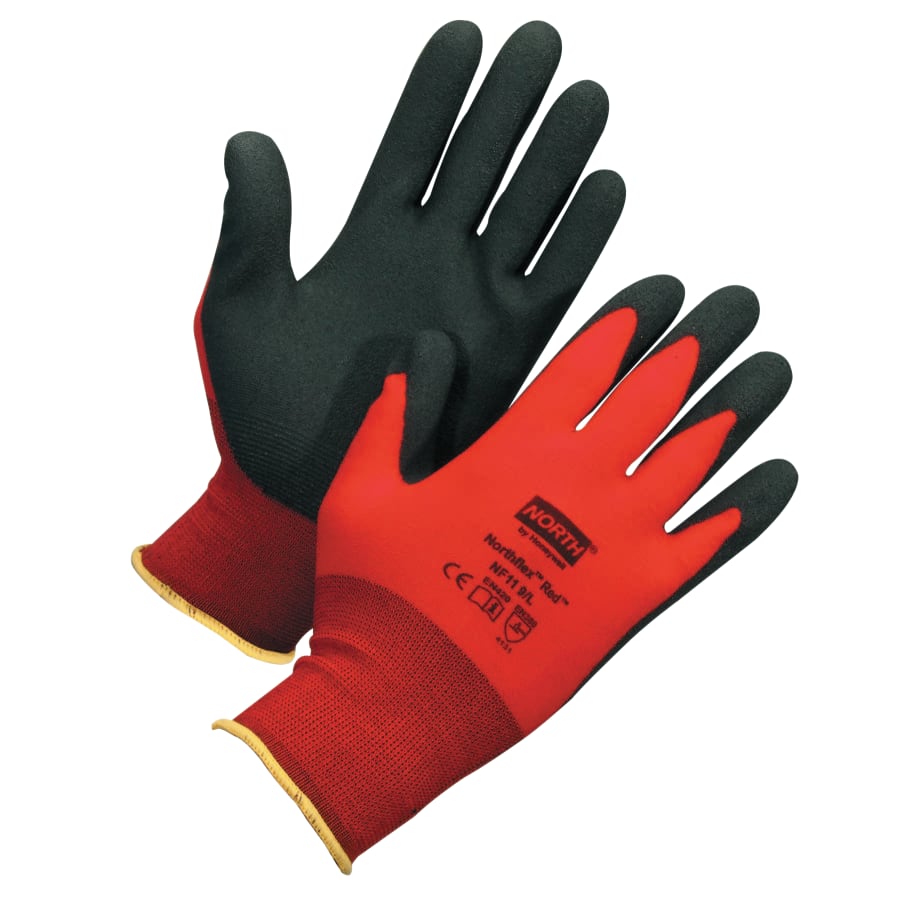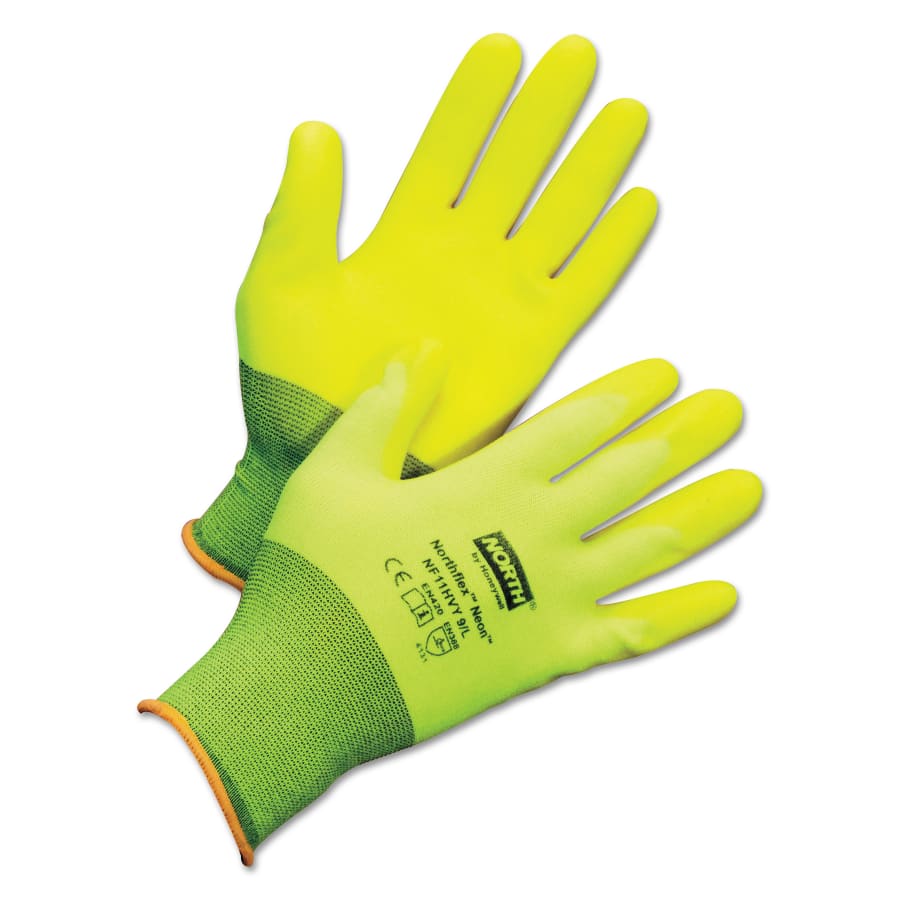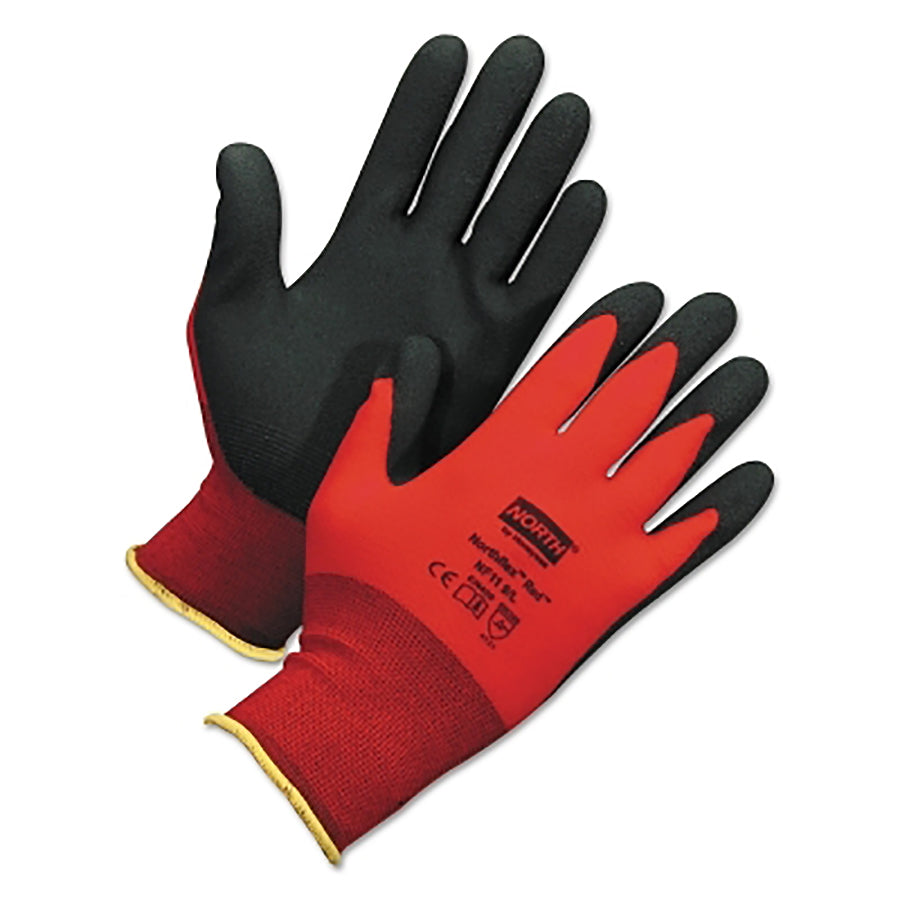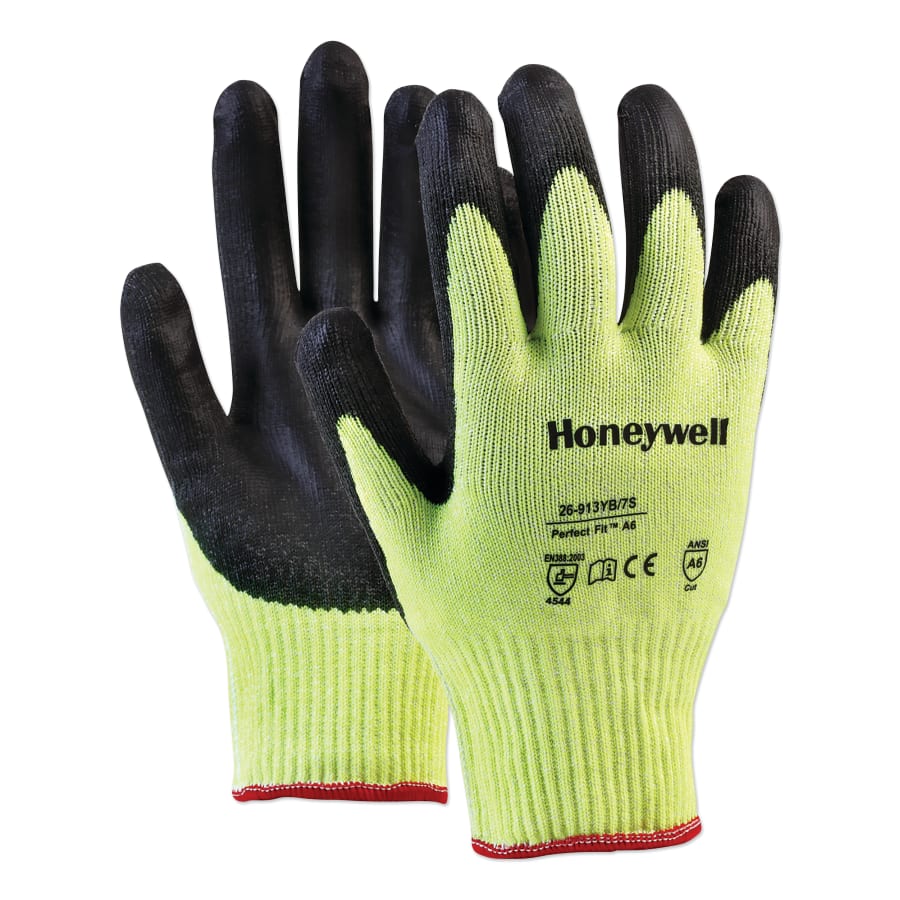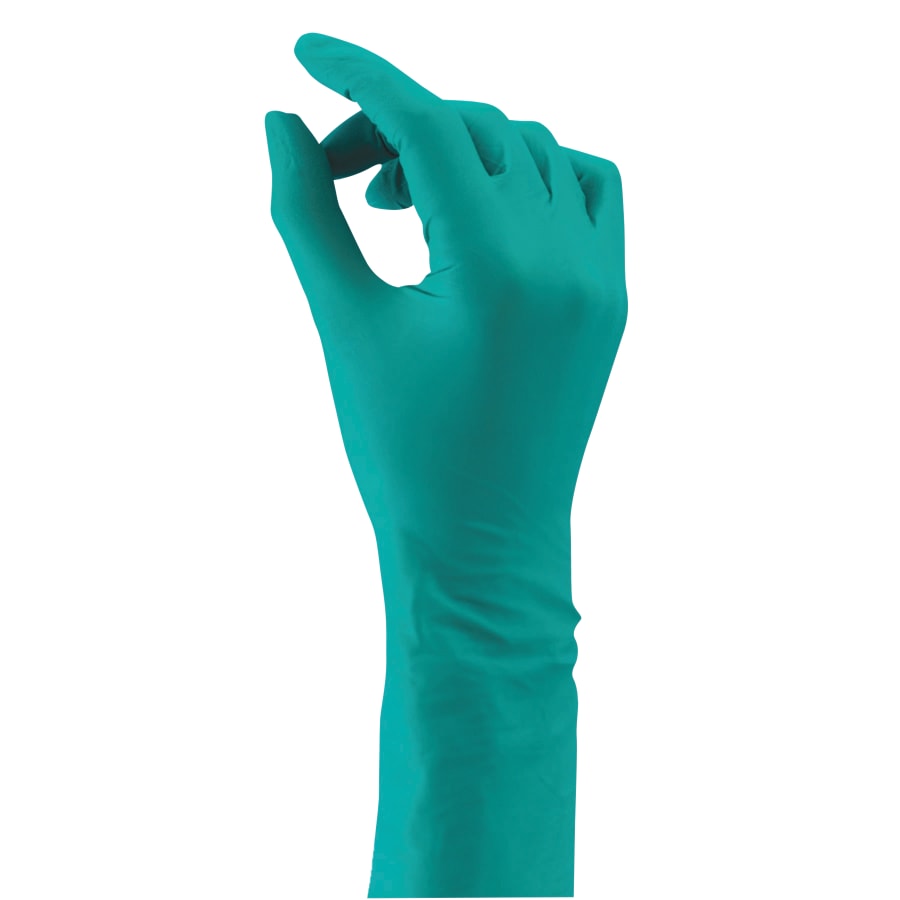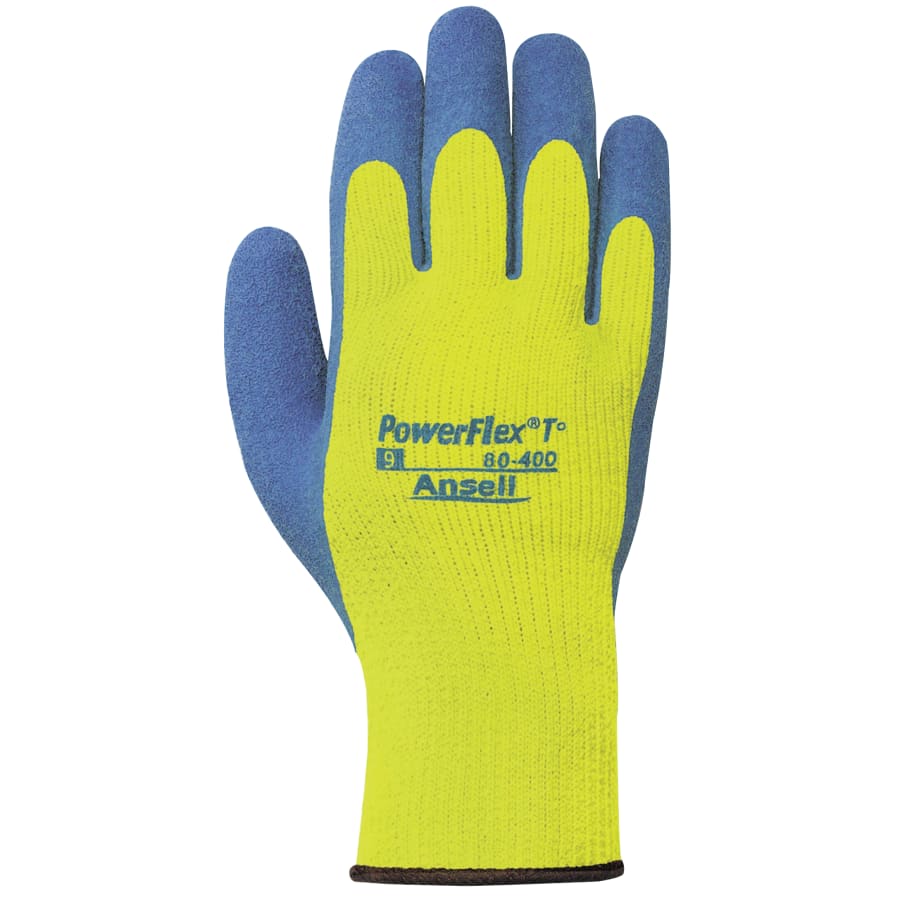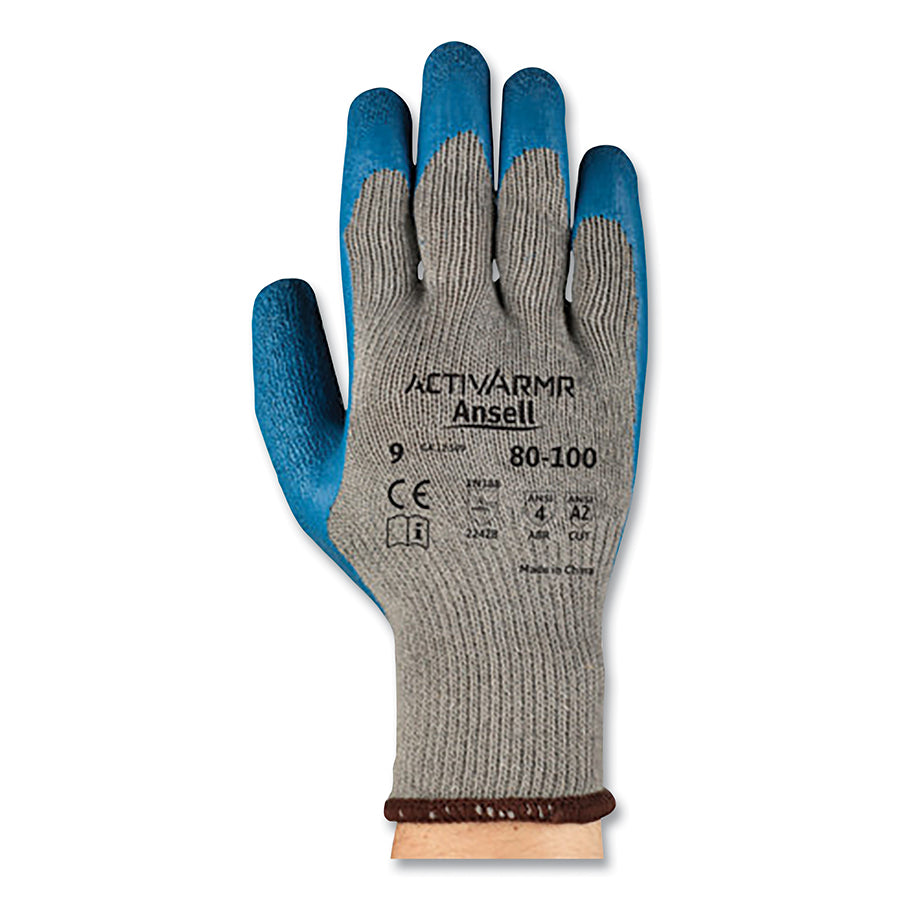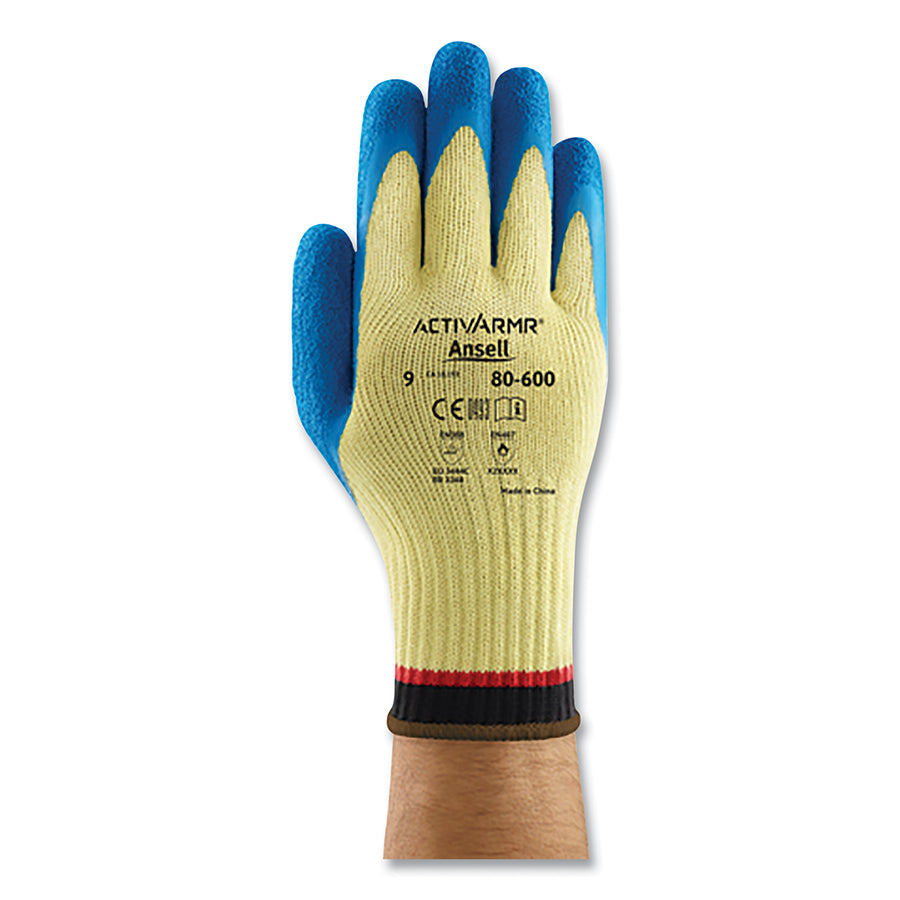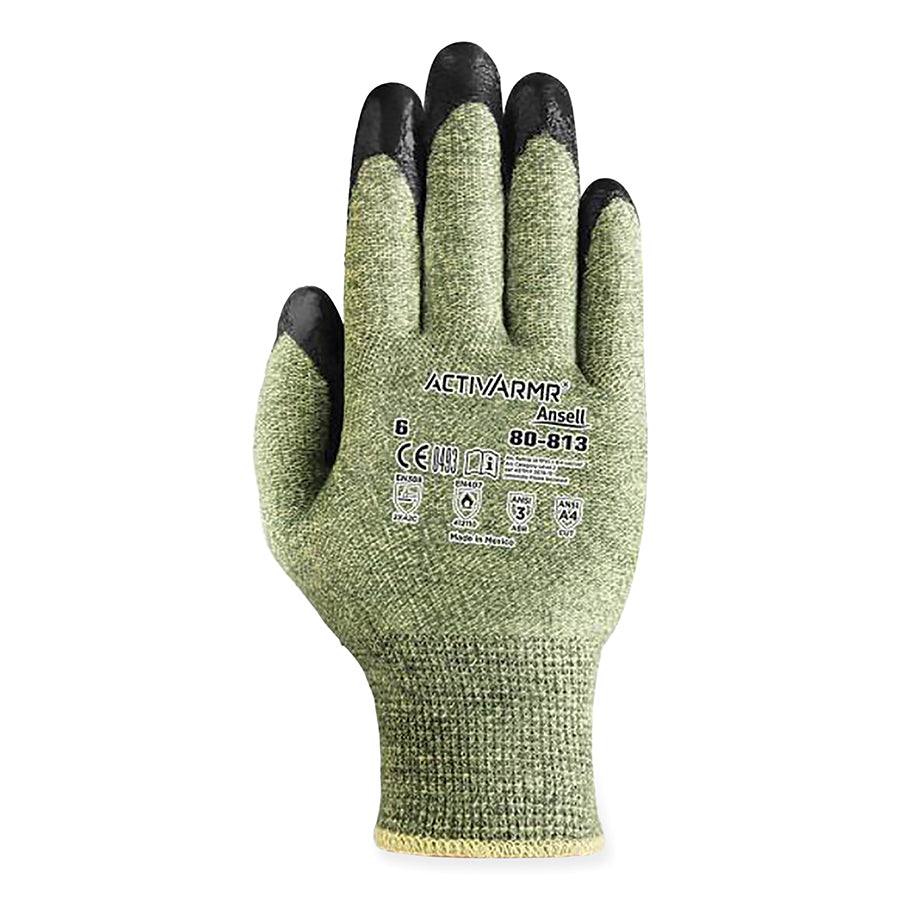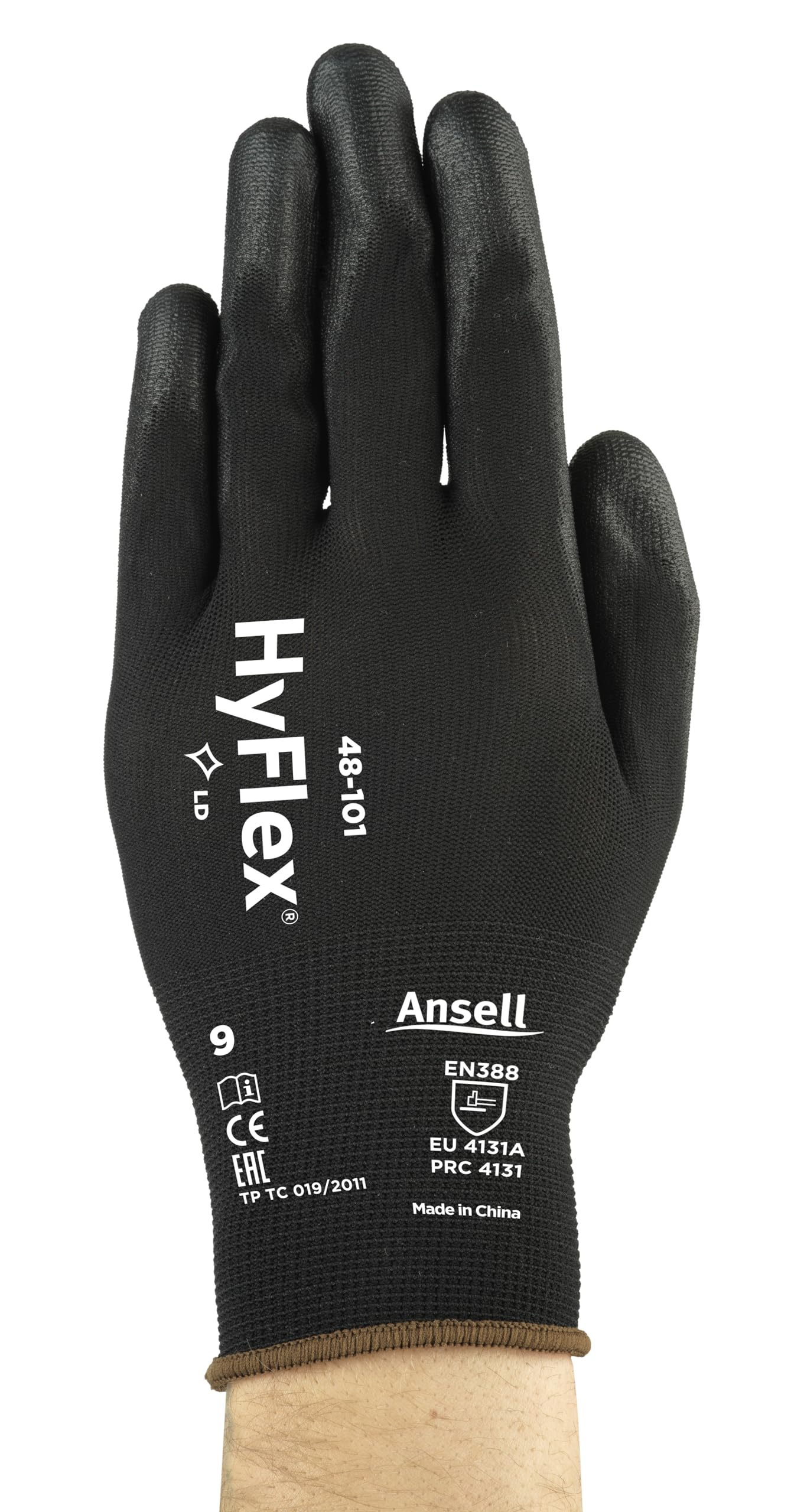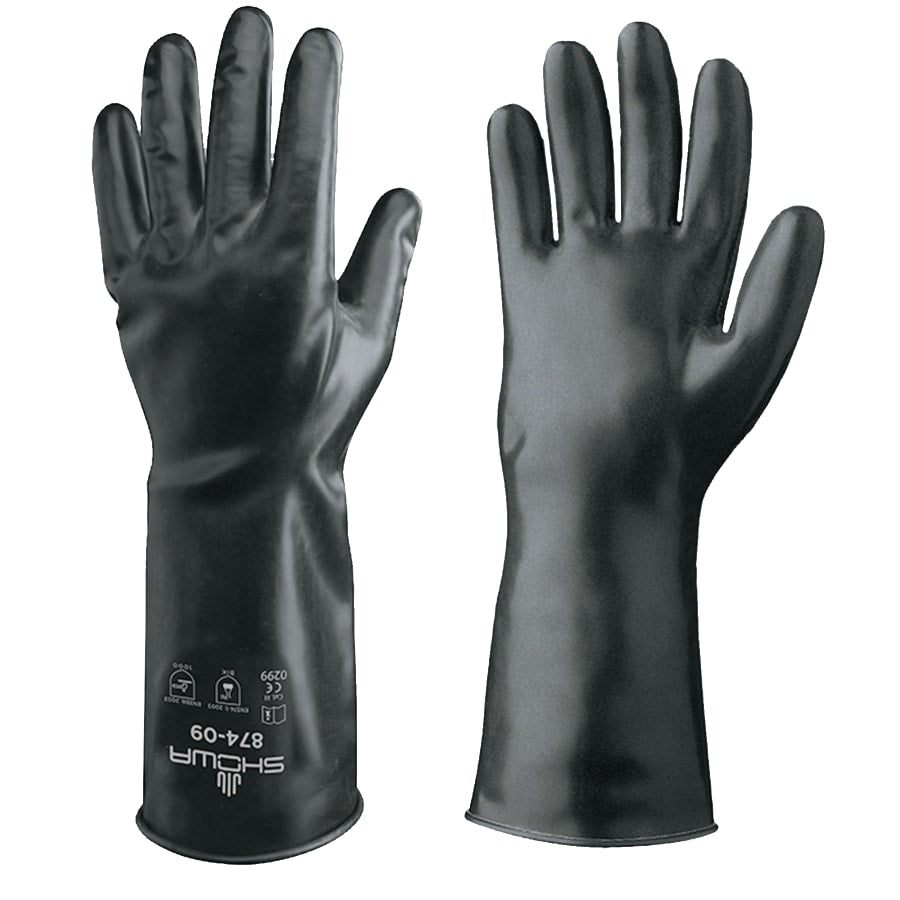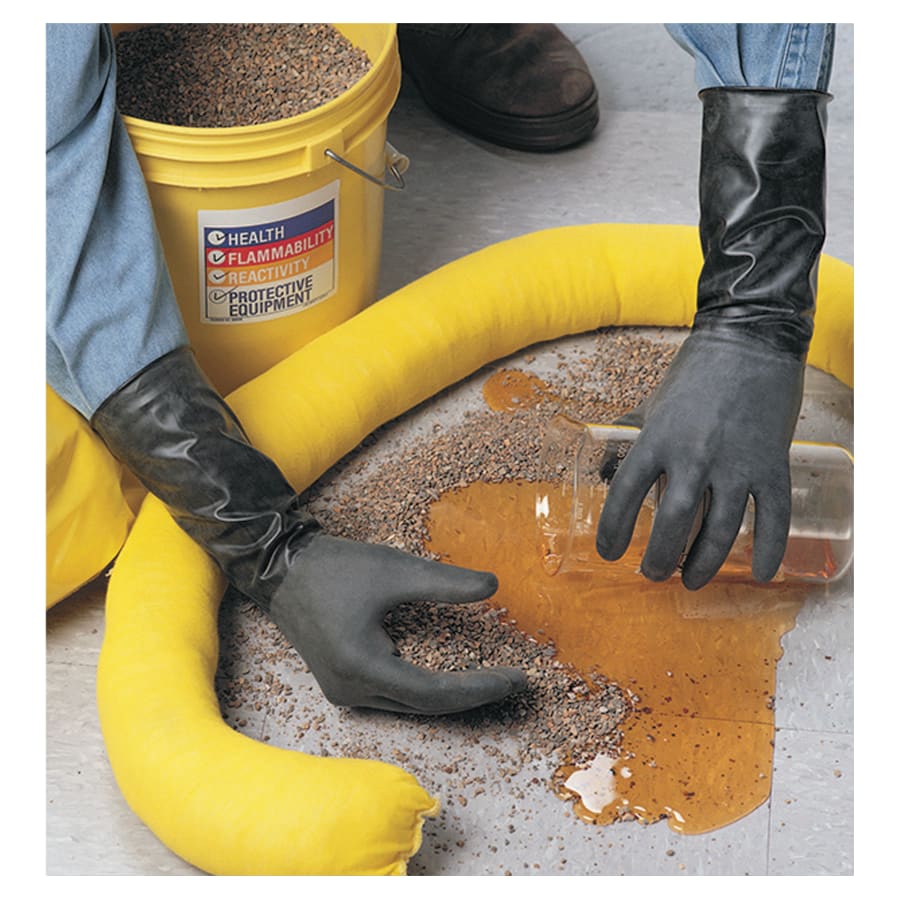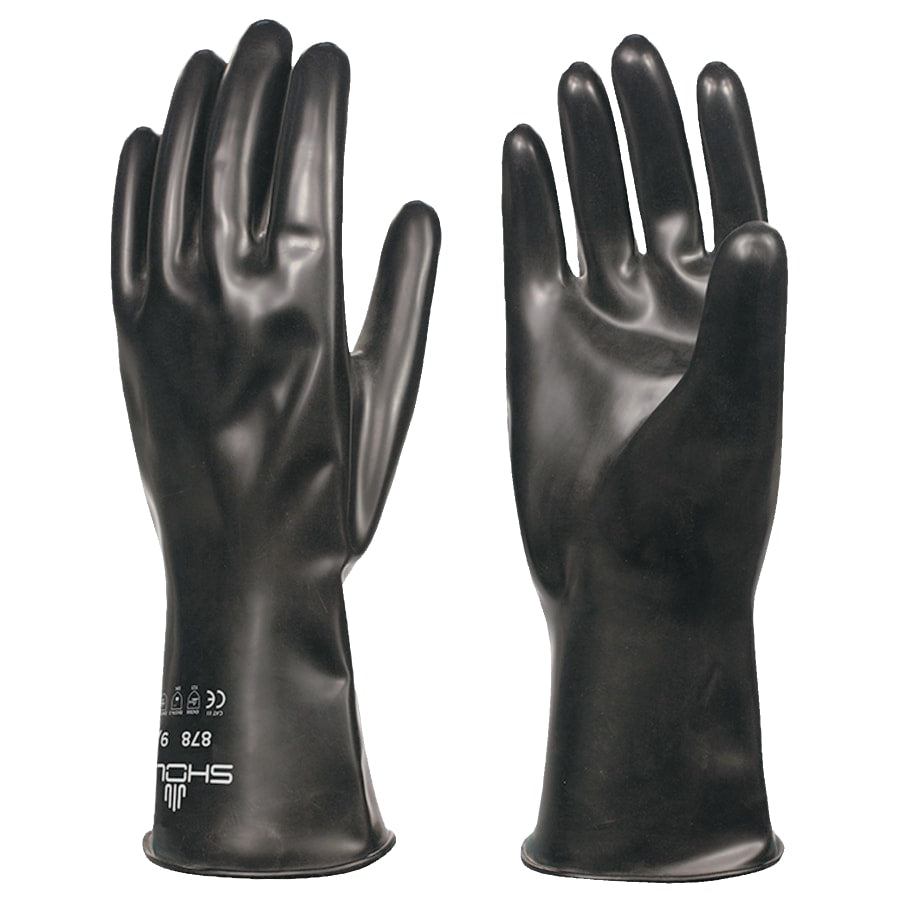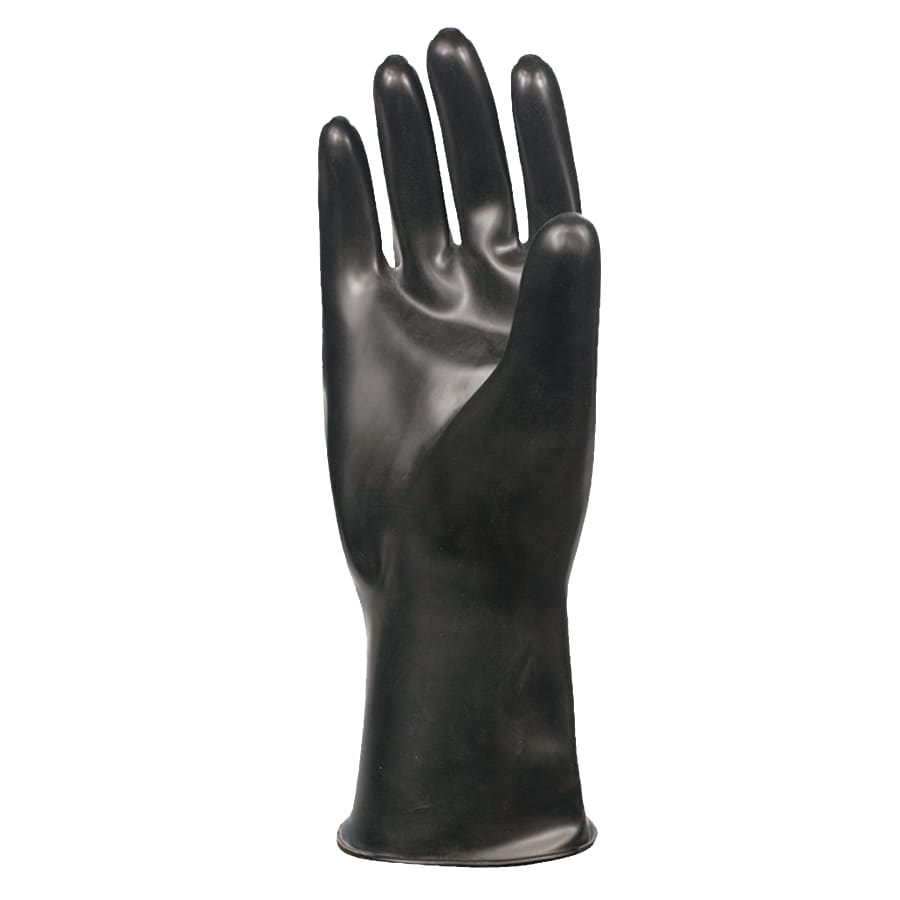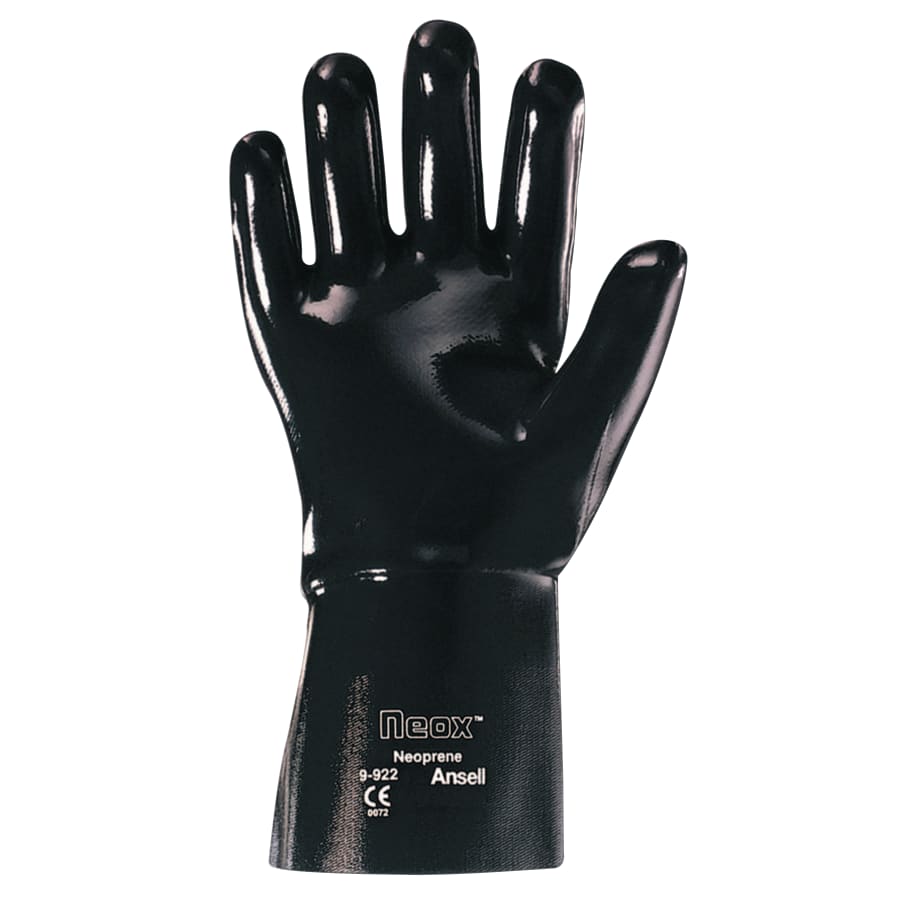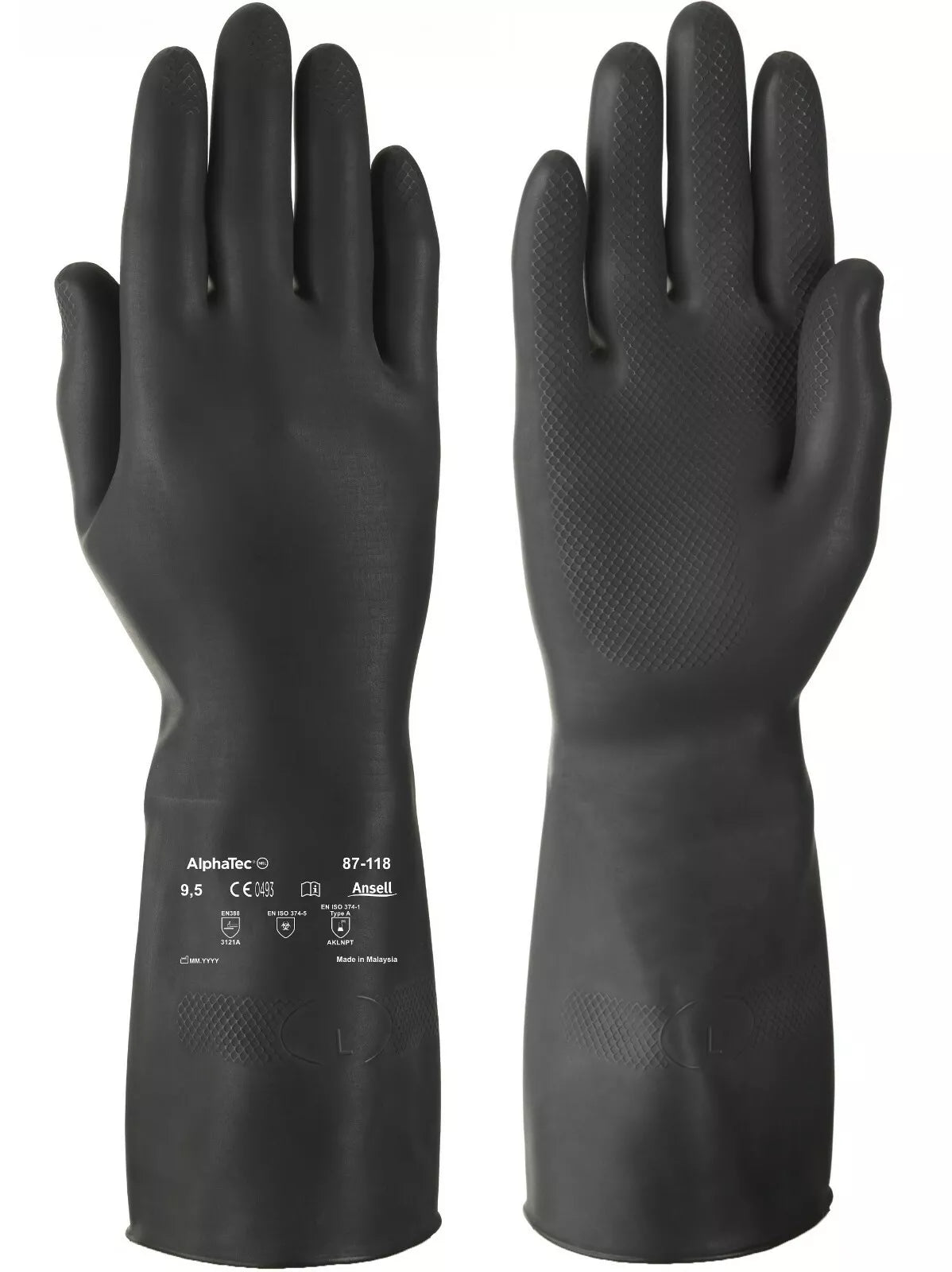Work Gloves
Work Gloves Best Options
After trying many different type of gloves from amazon, finally found ones with good fit and quality. Would recommend!
Good size, not too tight, not too loose. Strong material, don’t rip like others I’ve used. Recommend
These gloves are thicker and well made. They fit snug, which I like. Met my expectations and would recommend.
What are good working gloves?
Good working gloves provide protection, durability, and comfort for the specific tasks being performed. They should be made from materials suited to the task, such as nitrile for chemical resistance, leather for durability, or latex for flexibility.
The fit is crucial; gloves should offer a balance between comfort and dexterity, ensuring they are neither too tight nor too loose. Additionally, the protection level should match the job, offering adequate defense against cuts, abrasions, chemicals, or heat. Good gloves also have a non-slip grip to ensure safety while handling tools or materials and feature breathable fabrics to keep hands dry and comfortable during extended use.
Why use work gloves?
Work gloves are essential for several reasons. They protect hands from cuts, abrasions, punctures, burns, and chemical exposures, improving safety by reducing the risk of accidents when handling slippery or rough objects.
They also prevent contamination by creating a barrier between the hands and harmful substances. Furthermore, gloves provide insulation against cold or heat, making tasks more comfortable to perform, and reduce the risk of developing skin conditions from prolonged exposure to hazardous materials.
Should work gloves be tight or loose?
Work gloves should fit snugly but not too tight or too loose. A proper fit ensures dexterity, as gloves that are too tight can restrict movement and cause discomfort, while gloves that are too loose can reduce control and increase the risk of accidents. Well-fitting gloves prevent blisters and fatigue during extended use and are less likely to get caught in machinery or slip off during tasks, ensuring continuous protection.
How do work gloves protect you?
Work gloves protect you by creating a barrier between your hands and hazardous materials or surfaces, shielding against cuts, punctures, abrasions, burns, and impacts, thus reducing the risk of injury. They improve your grip on tools and materials, reducing the likelihood of slips and accidents.
Gloves also protect against extreme temperatures, keeping your hands safe from burns or frostbite, and can reduce hand fatigue by providing cushioning and support, making it easier to perform tasks for longer periods.
How to clean work gloves?
To clean work gloves, the method depends on the material. For fabric or cotton gloves, machine washing with mild detergent is often sufficient. Leather gloves require more care, typically needing a damp cloth to remove dirt followed by conditioning with leather care products. Rubber, nitrile, or latex gloves can be washed with soap and water, but always make sure to check manufacturer guidelines for specific cleaning instructions to avoid damaging the gloves.
What thickness are work gloves?
The thickness of work gloves varies based on their purpose. Thin gloves are typically around 5 to 10 mils (a mil is one-thousandth of an inch) and are used for tasks requiring dexterity, while thicker gloves can be 15 to 30 mils or more, designed for heavy-duty protection, such as when handling chemicals or rough materials.
What are the four main types of work gloves?
The four main types of work gloves are disposable gloves, fabric gloves, leather gloves, and coated gloves. Each type serves a different purpose: disposable gloves provide basic protection for short-term tasks, fabric gloves offer light protection, leather gloves are durable for heavy work, and coated gloves offer a balance of protection and grip for more versatile use.
What type of work gloves do I need?
The type of work gloves you need depends on the job at hand. For tasks requiring precision and dexterity, like electrical or assembly work, thin gloves made of rubber or nitrile are ideal. For heavy-duty tasks like construction or welding, thicker leather or reinforced gloves offer better protection. If handling chemicals, gloves made from specific resistant materials, such as neoprene or nitrile, are recommended.
Where to buy the best work gloves?
You can buy the best work gloves at gloves.com, where you’ll find a wide variety of high-quality gloves suitable for any type of work.
They are currently offering a 50% discount, making it an excellent time to purchase durable and reliable gloves for your tasks.
Check our buying guide for work gloves:
Keep up-to-date with our guides and find the best glove options for your industry
Guides to help you choose

Best Gloves For Pesticides

Is There A Natural Latex


